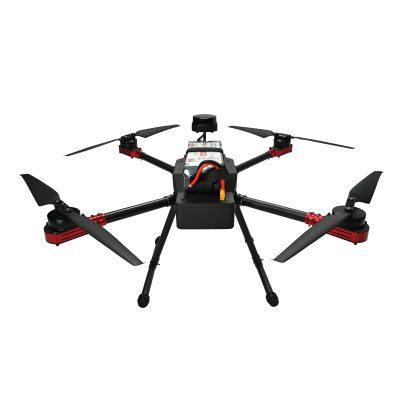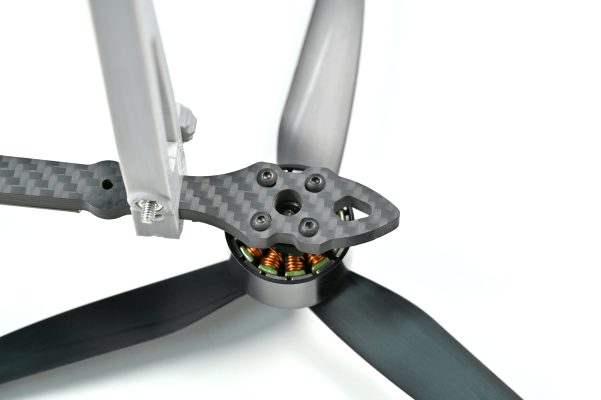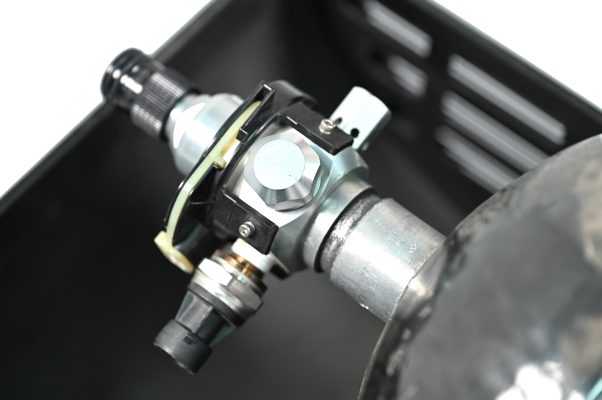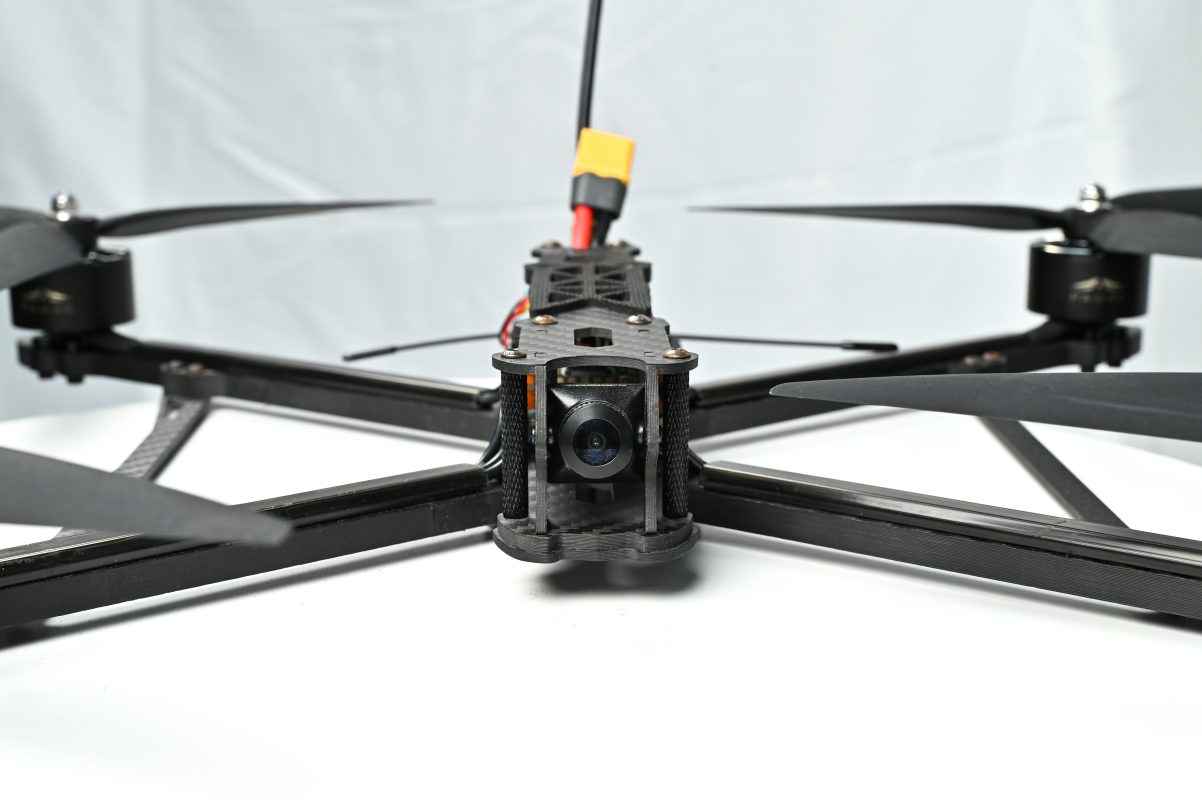Blog
Hot Weather FPV: Flying Tips and Cooling Advice
Introduction
Flying FPV in hot weather isn’t just uncomfortable — it’s a serious challenge for your gear. High temperatures can degrade batteries, damage VTXs, and overheat ESCs or motors, especially during long flights or back-to-back sessions.
Here’s a practical guide to help you protect your gear, stay safe, and fly longer in summer conditions.

☀️ 1. Fly Early or Late to Avoid Peak Heat
The best heat defense is timing:
-
Fly before 10am or after 5pm
-
Avoid noon to 3pm when heat and UV are strongest
-
Morning air is denser and better for stability
Bonus: you’ll also get softer lighting for GoPro footage.
? 2. Battery Safety in Heat
LiPo batteries are sensitive to heat:
-
Never charge in direct sun
-
Use a battery bag or shaded area to store packs
-
Let packs cool fully between flights
-
Avoid flying packs below 3.5V/cell when hot
-
Do not store charged packs in a hot car
Overheated LiPos can puff, leak, or even catch fire — take no risks.

? 3. Cooling for VTX, ESC, and Motors
Components heat up faster in hot air:
-
Use lower VTX power when not needed (e.g. 25–200mW for freestyle)
-
Remove unnecessary shrink wrap or padding around ESCs
-
Fly shorter packs (3–4 mins) to reduce heat buildup
-
Choose lighter props or lower pitch for summer
-
Consider ESC heat sinks or airflow holes in frame design
If your VTX blacks out mid-flight in summer, it’s likely overheating.
? 4. Between Flight Cooling Hacks
Cool-down tips:
-
Bring a folding fan or USB blower for electronics
-
Rest quads in shade or under a white cloth
-
Avoid putting gear on hot concrete or metal tables
-
Use a metal plate or heatsink base to set hot batteries or drones
-
Allow 5–10 minutes between aggressive packs
Pro pilots even use cold packs to cool batteries (briefly, before flight).
⚠️ 5. Signs of Overheating to Watch For
Stop flying if you notice:
-
Motor or ESC burning smell
-
Motors too hot to touch (>60°C)
-
VTX signal cuts out suddenly
-
Pack swelling mid-flight
-
Camera image flickering or freezing
Don’t risk your gear — shut down early if needed.
Conclusion
FPV flying in summer heat is totally possible — if you plan ahead. By managing your environment, adjusting your setup, and cooling between flights, you can enjoy smooth, safe sessions even when temperatures rise.



